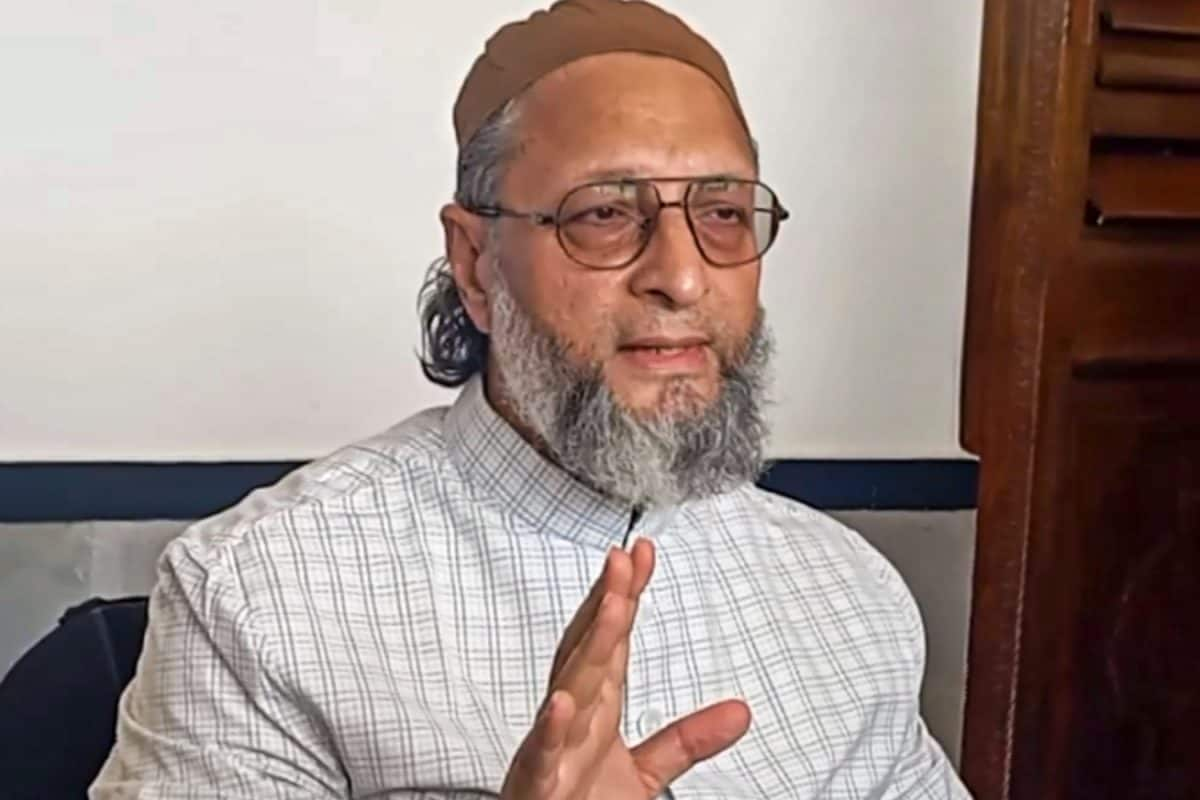

The recent meeting between Pakistan's Army Chief, General Asim Munir, and former U.S. President Donald Trump at the White House has stirred significant controversy, especially in light of the United States' subsequent military actions against Iran. The meeting, which took place just days before the U.S. strikes on Iranian nuclear facilities, has prompted questions about Pakistan's role in the escalating tensions and the potential motives behind Munir's visit.
Asaduddin Owaisi, a prominent Indian politician and leader of the All India Majlis-e-Ittehadul Muslimeen (AIMIM), has been particularly vocal in his criticism. He has openly questioned Pakistan's decision to nominate Trump for the Nobel Peace Prize, especially after the U.S. military action against Iran. Owaisi has further mocked the meeting between Munir and Trump, insinuating that Pakistan's support for Trump may have inadvertently paved the way for the strikes.
The backdrop to this controversy involves a complex web of international relations. Trump hosted Munir for lunch at the White House, marking the first time a U.S. president has hosted a military chief from Pakistan who isn't also the country's head of state. The meeting reportedly covered discussions on trade, economic development, cryptocurrency, and tensions between Israel and Iran. Trump has also claimed that Munir played a crucial role in de-escalating the May conflict between Pakistan and India, even suggesting that he deserved credit for preventing a potential nuclear war.
However, India has refuted Trump's claims of mediation, asserting that the ceasefire resulted solely from bilateral dialogue. Despite this, Pakistan has officially nominated Trump for the 2026 Nobel Peace Prize, citing his "decisive diplomatic intervention and pivotal leadership" during the India-Pakistan crisis.
The U.S. strikes on Iran, targeting key nuclear facilities, have further complicated the situation. Pakistan has condemned the strikes, stating that Iran has the legitimate right to defend itself under the UN charter. This stance has led to accusations of hypocrisy, given Pakistan's earlier support for Trump and its nomination for the Nobel Peace Prize.
Owaisi has seized on this apparent contradiction, questioning whether Pakistan supported Trump only to see the U.S. drop bombs on Iran. He has also criticized Israeli Prime Minister Benjamin Netanyahu, describing him as a "butcher of Palestinians" and accusing the U.S. attacks of helping him cover up the "genocide" in Gaza.
The situation is further complicated by reports suggesting that the U.S. may be seeking to enlist Pakistan's support, including the use of its airspace and air bases, for potential military operations against Iran. This has fueled speculation that Munir's visit to the White House may have been part of a broader strategy to secure Pakistan's cooperation.
The timing of Munir's visit and the subsequent U.S. strikes has raised questions about Pakistan's true intentions and its role in the escalating tensions between the U.S. and Iran. Owaisi's remarks reflect a growing sense of unease and suspicion surrounding Pakistan's foreign policy objectives, particularly in relation to the Middle East and its relations with both the U.S. and Iran. The situation remains fluid, and the full implications of Munir's meeting with Trump and the U.S. strikes on Iran are yet to be seen. However, it is clear that these events have further strained relations in the region and raised serious questions about the future of international diplomacy.